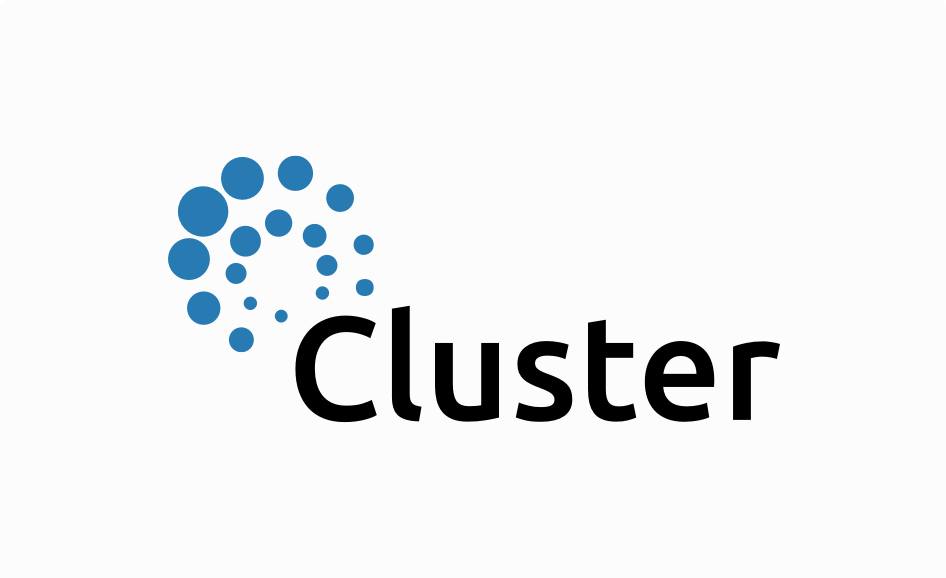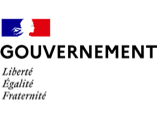Cluster
Mission
Support
Type of actor
Support player
Fields of intervention
Health / Social care / Social / Medical Device
Intervention zone
Regional

What is a cluster?
Digital healthcare clusters bring together structures and support projects to accelerate innovation. They are a network bringing together all the players in the digital health sector (startups, SMEs, major groups, health and medical-social professionals and establishments, training and research establishments, institutions).
🎯 Missions
- Networking and industry leadership: Making connections with partners, relaying information within the ecosystem, events, monitoring, organizing theme days and visits to structures;
- Visibility: Communication, lobbying;
- HR and skills training
- Development and experimentation:Market acceleration, learning expeditions, user testing and POCs;
- Europe/International: In general, these actions are carried out in collaboration with the international CCI (Chamber of Commerce and Industry) or competitiveness clusters. They may involve learning expeditions, European projects, partnerships and links with European-scale structures such as ECHAlliance, EHTEL(European health telematics association) or
💡 I have a project, how can I get in touch with a cluster?
Meeting a cluster is in total complement to individualized support such as you can get in incubators or technopoles.
It can therefore help you to:
- Get an idea of the technos in use, the business models used;
- Identify the structures and people to meet for the company in terms of collaboration funding project maturity;
- Identify places to test with healthcare professionals or patients.
The collective cluster approach also enables:
- The sharing of best practices ;
- The setting up of delegations to go and exhibit at advantageous prices at a trade show ;
- The increasing your visibilityvia newsletters, local or national events ;
- Being part of so-called "collective"actions to pool projects that several companies may encounter (e.g. 'support in CE marking medical devices following the new European regulations) and be able to be financially supported notably by the regional council.
🤝 At what stage of my project should I contact you?
At any time, in the idea, prototype, test, solution deployment and solution marketing phases.
💸 Do they finance projects?
Clusters do not fund projects.
On the other hand, clusters can help in the search for funding by helping to write grant applications or by networking with the BPI, the regional council, fund-raising organizations.
🧰 Accessible resources
- List of members -> identification of local players working on esanté ;
- Newsletter ;
- Agenda of esanté events ;
- Qualified networking.
📖 Practical guide
All the questions you need to ask about clusters.
Do I have to pay for cluster services?
Cluster services are generally subject to membership. Depending on the cluster's organization, certain more specific services (trade shows, monitoring, etc.) may be subject to a fee.
Can a cluster provide individual support for my project?
This is not the cluster's primary mission. On the other hand, if the company's project calls for collaboration with other structures such as research centers, or co-development with healthcare or medical-social professionals, then the project can fall into the "collaborative projects" "box"; projects that are totally within the scope of clusters.
If the project does not require collaboration with other players, clusters can nevertheless make valuable introductions that can save several months.

